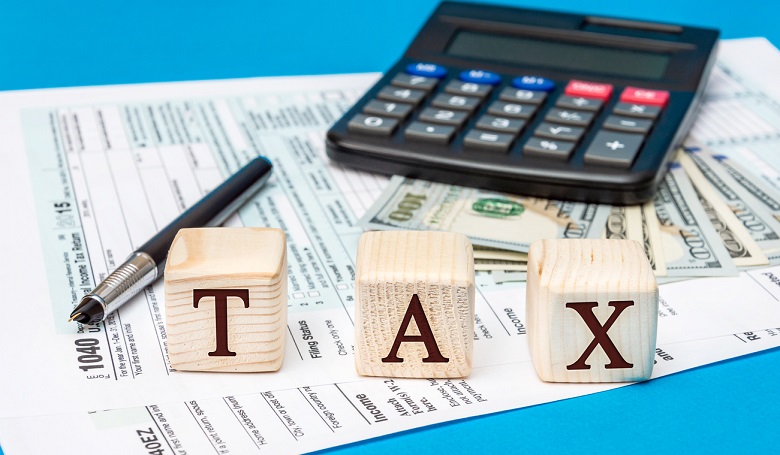Should I itemize?
Should I itemize?
You should itemize deductions if your total deductions are more than the standard deduction amount. Also, if your standard deduction is zero, you should itemize any deductions you have if:
- You are married and filing a separate return, and your spouse itemizes deductions,
- You are filing a tax return for a short tax year because of a change in your annual accounting period, or
- You are a nonresident or dual-status alien during the year. You are considered a dual-status alien
- if you were both a nonresident and resident alien during the year.
NOTE: If you are a nonresident alien who is married to a U.S. citizen or resident at the end of the year, you can choose to be treated as a U.S. resident. (See Publication 519, U.S. Tax Guide for Aliens.) If you make this choice, you can take the standard deduction.


You may benefit from itemizing your deductions on Schedule A (Form 1040) if you:
- Paid interest and taxes on your home,
- Had large uninsured casualty or theft losses,
- Made large contributions to qualified charities, or
- Had large uninsured medical and dental expenses during the year,
- Do not qualify for the standard deduction, or the amount you can claim is limited,
- Had large unreimbursed employee business expenses or other miscellaneous deductions,
- Have total itemized deductions that are more than the standard deduction to which you otherwise are entitled.

